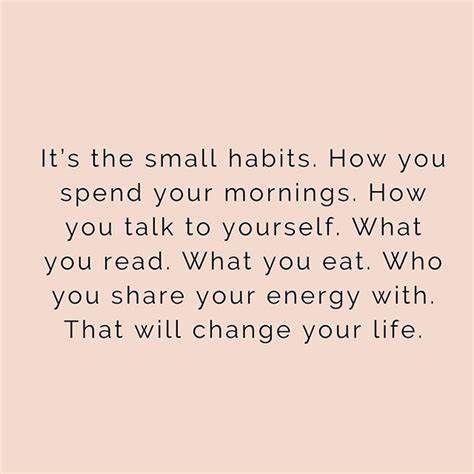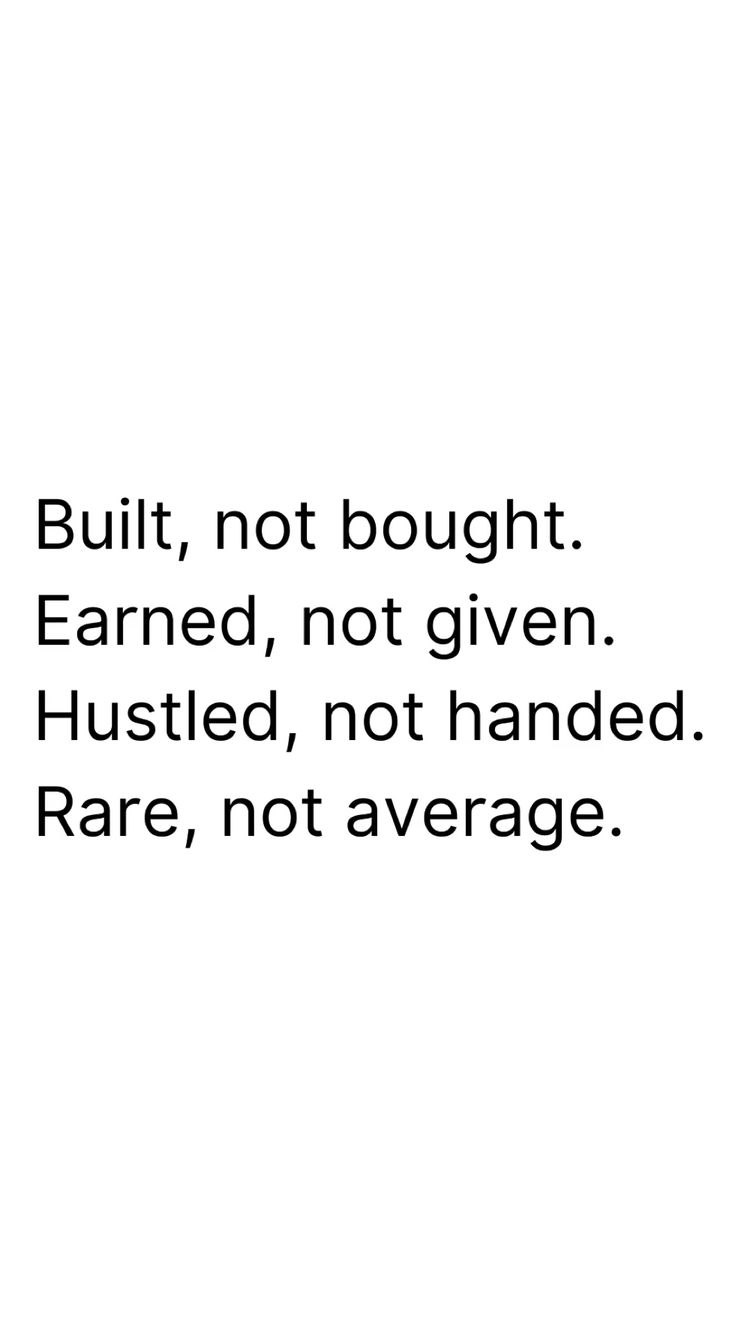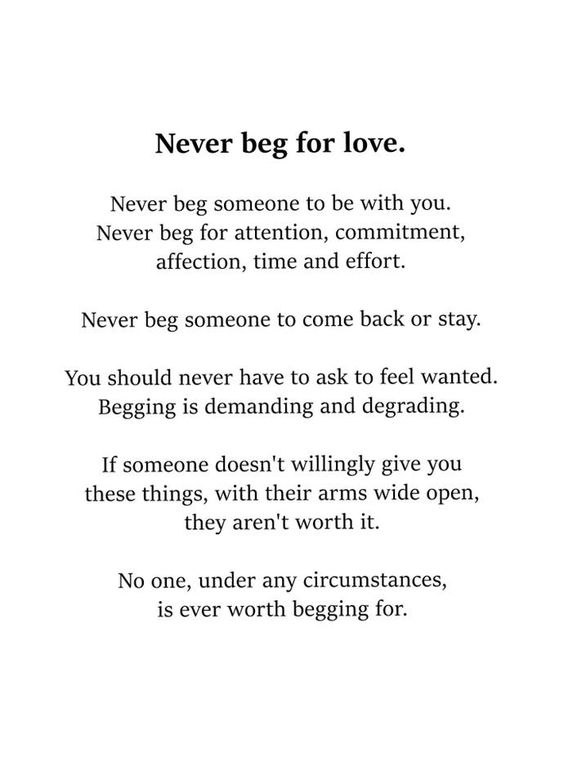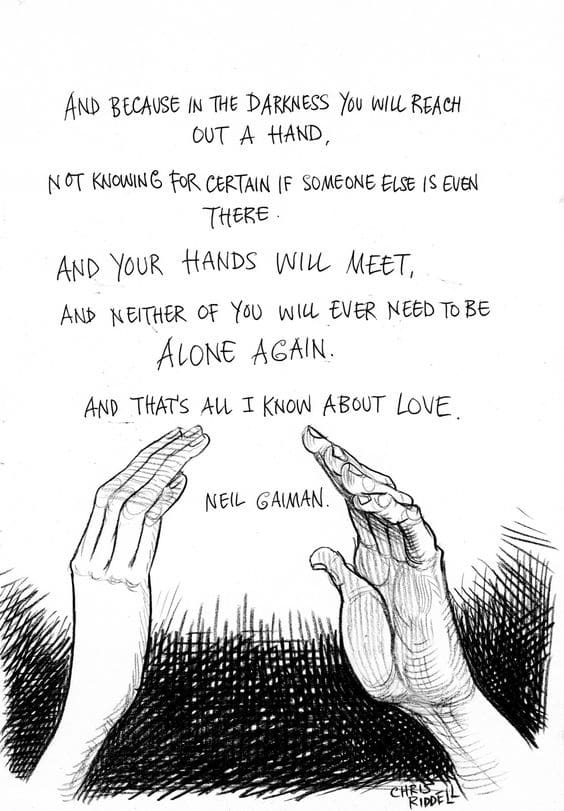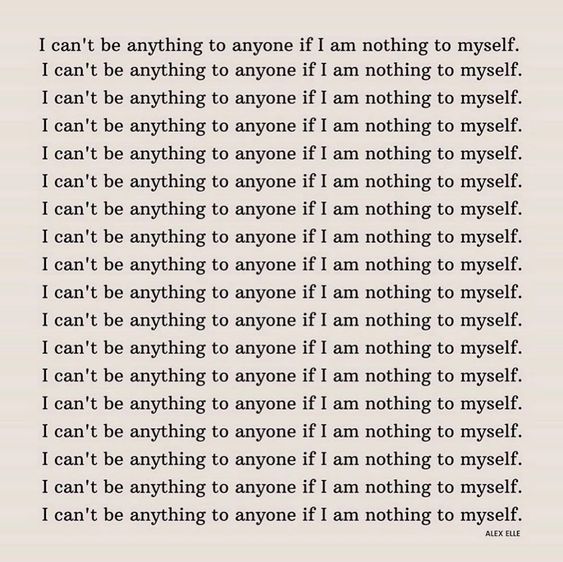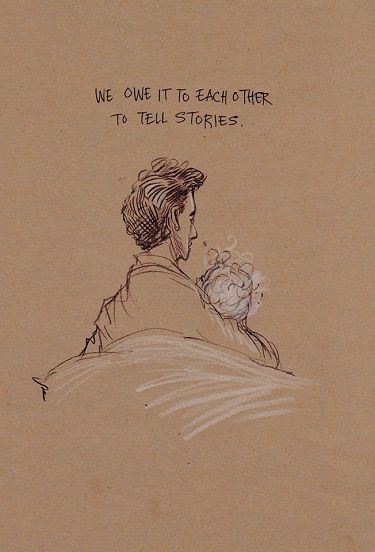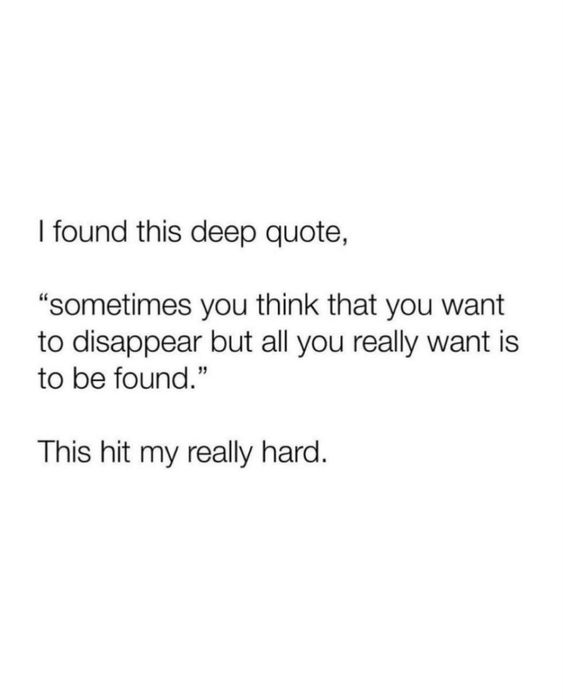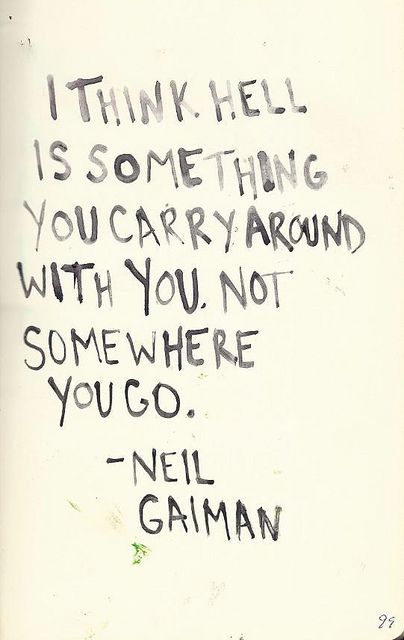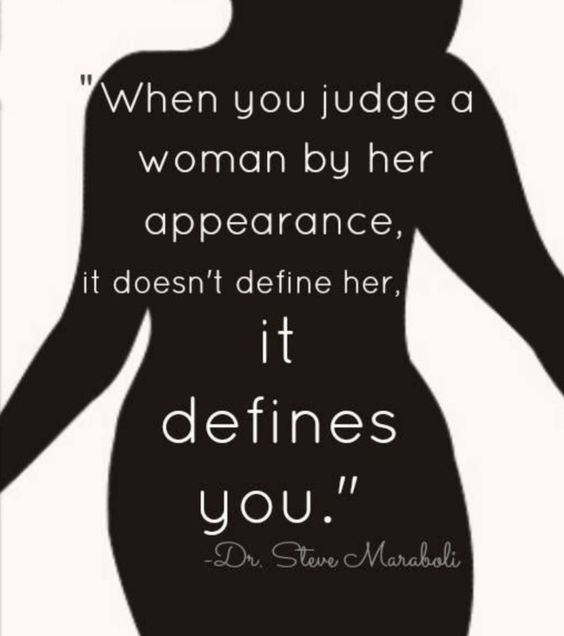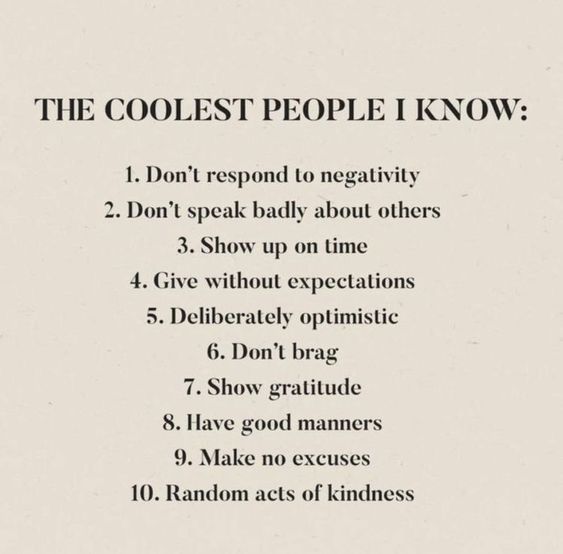“There are very strong words of Martin Luther King. His question was always, how is it that one group—the white group—can despise another group, which is the black group. And will it always be like this? Will we always be having an elite condemning or pushing down others that they consider not worthy? And he says something I find extremely beautiful and strong, that we will continue to despise people until we have recognized, loved, and accepted what is despicable in ourselves. There are some elements despicable in ourselves, which we don’t want to look at, but which are part of our natures. We are mortal.”
Jean Vanier, via Becoming Wise (Page 83)
Archives
“Music is what language would love to be if it could.”
John O’Donohue, via Becoming Wise (Page 77)
“Beauty is that in the presence of which we feel more alive.”
John O’Donohue, via Becoming Wise (Page 75)
“Today, make sure you take a walk. And in the future, when you get stressed or overwhelmed, take a walk. When you have a tough problem to solve or a decision to make, take a walk. When you want to be creative, take a walk. When you need to get some air, take a walk. When you have a phone call to make, take a walk. When you need some exercise, take a long walk. When you have a meeting or a friend over, take a walk together. Nourish yourself and your mind and solve your problems along the way.”
Ryan Holiday, The Daily Stoic (Page 189)
“In yoga, the transitions between postures are a measure of grace as much as the postures themselves. I find myself applying this physical experience in minute ways in the more cerebral course of my working days.”
Matthew Stanford, via Becoming Wise (Page 72)
“There’s a reason why, when my son who’s six is crying, he needs a hug. It’s not just that he needs my love. He needs a boundary around his experience. He needs to know that the pain is contained and can be housed and it won’t be limiting his whole being. He gets a hug and he drops into his body.”
Matthew Stanford, via Becoming Wise (Page 68)
“The core of life is about losses and deaths both subtle and catastrophic, over and over again, and also about loving and rising again. The cancer, the car accident—these are extreme experiences of other trajectories we’re on—aging, the loss of love, the death of dreams, the child leaving home. Grief and gladness, sickness and health, are not separate passages. They’re entwined and grow from and through each other, planting us, if we’ll let them, more profoundly in our bodies in all their flaws and their grace.”
Krista Tippett, Becoming Wise (Page 68)
“Our bodies tell us the truth of life that our minds can deny: that we are in any moment as much about softness as fortitude. Always in need of care and tenderness. Life is fluid, evanescent, evolving in every cell, in every breath. Never perfect. To be alive is by definition messy, always leaning towards disorder and surprise. How we open or close to the reality that we never arrive at safe enduring stasis is the matter, the raw material, of wisdom.”
Krista Tippett, Becoming Wise (Page 67)
“If I’ve learned nothing else, I’ve learned this: a question is a powerful thing, a mighty use of words. Questions elicit answers in their likeness. Answers mirror the questions they rise, or fall, to meet. So while a simple question can be precisely what’s needed to drive to the heart of the matter, it’s hard to meet a simplistic question with anything but a simplistic answer. It’s hard to transcend a combative question. But it’s hard to resist a generous question. We all have it in us to formulate questions that invite honesty, dignity, and revelation. There is something redemptive and life-giving about asking a better question.”
Krista Tippett, Becoming Wise (Page 29)
“Whatever happens today, let it find us prepared and active: ready for problems, ready for difficulties, ready for people to behave in disappointing or confusing ways, ready to accept and make it work for us. Let’s not wish we could turn back time or remake the universe according to our preference. Not when it would be far better and far easier to remake ourselves.”
Ryan Holiday, The Daily Stoic (Page 184)
